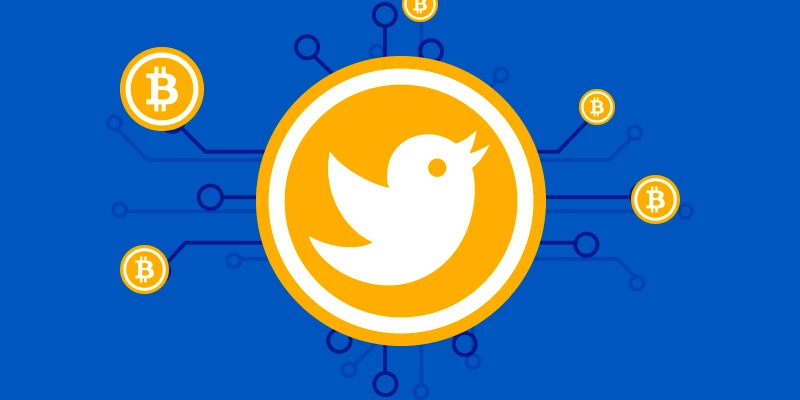In case you haven't seen it
If you haven't seen it, be sure to give it a read here. It's an in-depth look at how these cyrpto scam bots are working and what can be done to combat them.
Have you heard about this yet? Do you know someone who has fallen for this? Have a question for
Let's get it kicked off below and get into it!

















